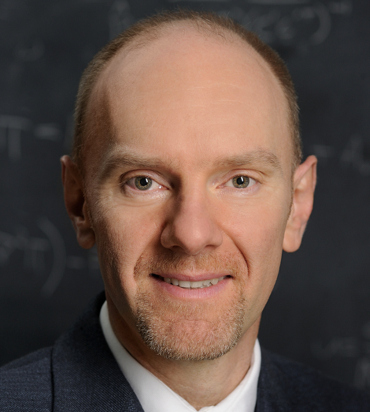Past Event: Oden Institute Seminar
Prof. Thomas Haine, Professor of Earth & Planetary Sciences, Johns Hopkins University
3:30 – 5PM
Thursday Dec 14, 2023
POB 6.304 & Zoom
Computational oceanography is the study of ocean phenomena by numerical simulation, especially dynamical and physical phenomena. Progress in information technology has driven exponential growth in the number of global ocean observations and the fidelity of numerical simulations of the ocean in the past few decades. The growth has been exponentially faster for ocean simulations, however. We argue that this faster growth is shifting the importance of field measurements and numerical simulations for oceanographic research. It is leading to the maturation of computational oceanography as a branch of marine science on par with observational oceanography. One implication is that ultraresolved ocean simulations are only loosely constrained by observations. Another implication is that barriers to analyzing the output of such simulations should be removed. Although some specific limits and challenges exist, many opportunities are identified for the future of computational oceanography. Most important is the prospect of hybrid computational and observational approaches to advance understanding of the ocean. In particular, increasingly realistic virtual ocean datasets provide insight into processes at scales that are inaccessible with conventional observations. Examples are given of model predictions of dynamical processes in the North Atlantic Ocean.
Prof. Thomas Haine's overall research interest is the fundamental understanding of the physics of the basin-scale ocean and its role in Earth’s climate. He is involved in improving estimates of the geophysical state of the ocean circulation through analysis of field data and circulation model results. The subpolar North Atlantic and Arctic Ocean ventilation process (rates, pathways, variability, and mechanisms) interest him in particular. High latitude physical oceanography, in both hemispheres, is another research theme. He also investigate key physical processes that maintain the state of the global upper ocean focusing on fluid dynamics and thermodynamics and their role in controlling sea surface temperature variability over years to decades. These are all examples of rotating stratified fluid dynamics, an amazing and beautiful subject.
